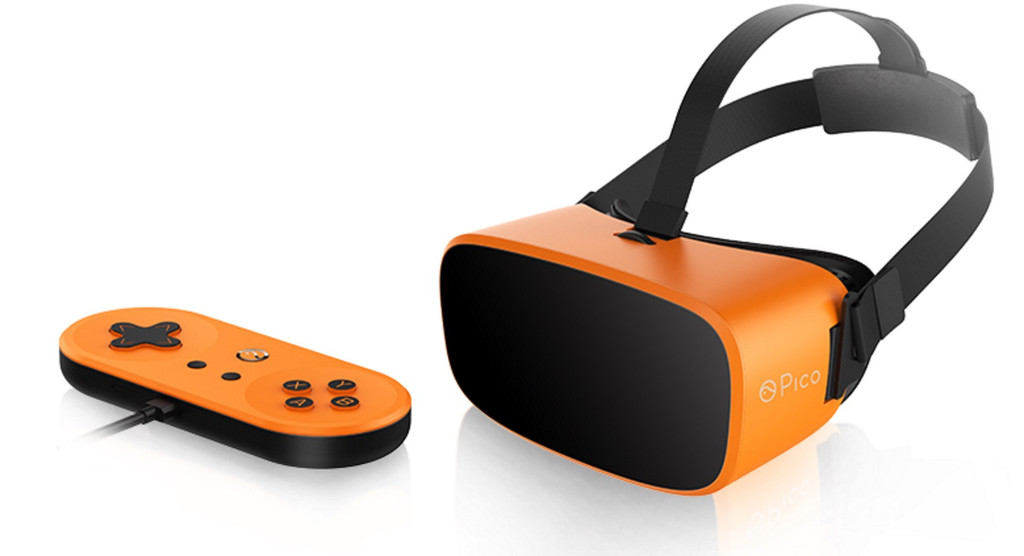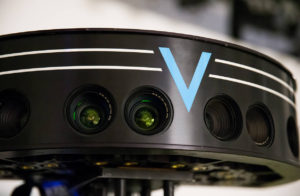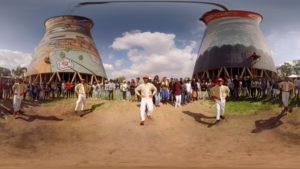Most virtual reality headsets have one of two problems: either they are tethered to a computer, limiting the user’s mobility, or because they use smartphones, are too heavy. To combat this, Chinese hardware company Pico VR has come up with Pico Neo, a controller containing hardware to power a headset. According to The Verge, “By tethering the controller to an ultra-lightweight headset, you can enjoy standing or sitting VR experiences without feeling like you’re wearing a one-pound weight on your face.”
Following other tech companies like Microsoft, Intel Corp. is entering the VR space with its purchase of Voke, which focuses on live action VR experiences. According to The Wall Street Journal, Voke has created a system called True VR that “uses sets of paired cameras and software that help capture live images and simulate the sensation of three-dimensional space for viewers with computer displays or virtual-reality headsets.”
Lenovo, the Chinese smartphone maker, will release the first smartphone that uses Google’s Tango technology. According to Business Insider, Tango uses integrated sensors and cameras to determine its location. This means the phone has powerful AR capacities. Read about more uses for Google Tango with its Phab 2 Pro, which will make it easier for consumers to access the technology.
During an interview with UploadVR, the Vice President of Unity Labs Sylvio Drouin said the company is making the VR software more accessible so anybody can create “fairly complex experiences.” While coding skills are currently required to use Unity, Drouin said that one day users will “assemble content through Unity pretty much without writing a line of code.”
While South Africa is developing its own startup tech industry matching those in other African countries including Ghana and Kenya, the challenge is being sure VR/AR content is being made by local creators. “The big problem right now will be to make sure Africa puts its flag in the ground creatively speaking, as almost 100% of the content currently available on [major] platforms…is not from Africa,” Neil Brandt told Variety. Brandt is a producer with Fireworx Media, which launched Cyclops (Pvt.) Ltd., a subsidiary focused on VR and 360 video. Although the industry is growing, Brandt said there needs to be more of a focus on nonfiction stories.
Guided tours are getting a revamp with VR and AR apps that provide a more immersive experience. These range from sightseeing apps and audio tours to scavenger hunts.
For fun: To understand the future of VR, why not look to the past?



